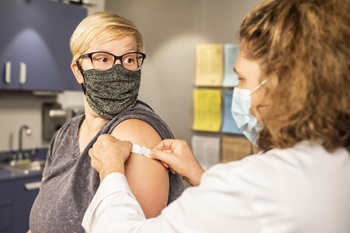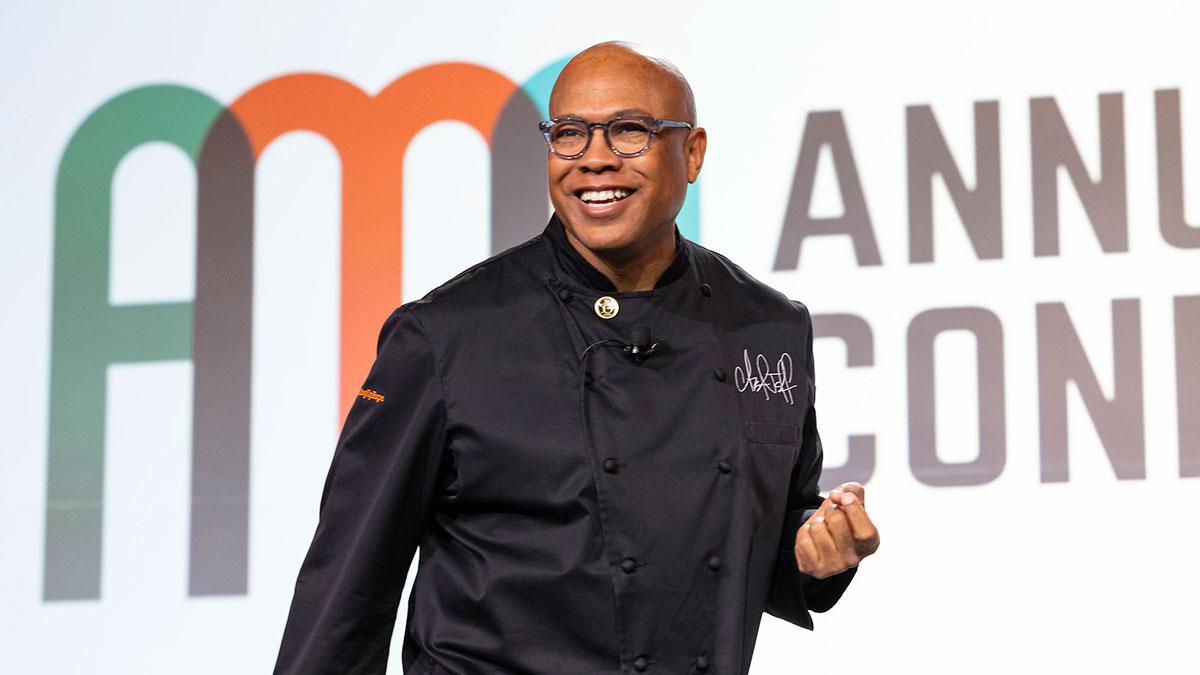By Elizabeth Tansing, Senior Director, State Government Relations, FMI

To bump up COVID-19 vaccination rates last spring, more than half of U.S. states and some localities started vaccine lotteries, with many using federal CARES Act money. Depending on the state or locality, governments offered cash prizes, college scholarship money and even custom outfitted trucks put up for lottery for anyone getting vaccinated. After an initial spike in vaccinations, most officials concluded that it didn’t really work, and that the money could have been better used elsewhere. (The National Governors Association has published a memo on these lotteries.)
Now, as the Delta variant of COVID-19 rapidly spreads across the United States, governments in areas with low vaccination rates are still grappling with their next steps toward preventing its spread and getting more people vaccinated.
Some are again implementing indoor mask mandates. In fact, every day, more localities are announcing masks are again mandatory, as are some states. Businesses will be required to enforce mandates in some cases, but others understand the burden—and sometimes danger—put on employees and allow businesses to simply post a sign supported by police enforcement. In Louisiana, which recently announced a new mask mandate, citations can be written for businesses that fail to enforce face covering requirements, but they are also entitled to rely on the word of customers regarding mask exceptions. Police may be called to enforce trespassing laws against those customers who refuse to wear masks. Elsewhere, Oregon will start mandating masks beginning August 11. The new rules will not require employees to enforce mask mandates; however, OR OSHA is updating approved signage for businesses to display. You can read more about state and local mask mandates through FMI’s Face Coverings Resources tracker.
A handful of government officials and health care groups have moved to require vaccinations for some health care employees. FMI will monitor this new effort, as grocery retail pharmacists could fall into this category. For example, they are captured in both Oregon and Washington’s health orders.
With nearly a third of eligible Americans currently remaining unvaccinated, there is talk of others joining New York City’s pending vaccine passport program, which requires proof of COVID-19 vaccination to enter certain establishments. Beginning August 16, with enforcement starting September 13, customers who want to dine in restaurants, attend the theatre or enter a gym must present proof of vaccination.
Customers may use a paper copy of their vaccine record or the app, Excelsior Pass. While grocery store customers are not included in the New York City requirement, FMI will continue to monitor state and local action on this effort. To date, a few states are allowing citizens to access their digital vaccine record through the free service MyIR Mobile: Arizona, Louisiana, Maryland, Mississippi, New York (Excelsior Pass), North Dakota, Washington and West Virginia. Californians can visit myvaccinerecord.cdph.ca.gov to access their records. Meanwhile, some twenty states, all GOP-governed, have prohibited the use of vaccine passports. In eleven of these states, governors issued executive orders; in nine states, legislatures enacted laws prohibiting vaccine passports.
Given the rapidly changing nature of the Delta variant and the increase in state and local government actions on masks and vaccines, FMI will be keeping a close eye on how these developments could impact food retailer employees and customers.


 Industry Topics address your specific area of expertise with resources, reports, events and more.
Industry Topics address your specific area of expertise with resources, reports, events and more.
 Our Research covers consumer behavior and retail operation benchmarks so you can make informed business decisions.
Our Research covers consumer behavior and retail operation benchmarks so you can make informed business decisions.
 Events and Education including online and in-person help you advance your food retail career.
Events and Education including online and in-person help you advance your food retail career.
 Food Safety training, resources and guidance that help you create a company food safety culture.
Food Safety training, resources and guidance that help you create a company food safety culture.
 Government Affairs work — federal and state — on the latest food industry policy, regulatory and legislative issues.
Government Affairs work — federal and state — on the latest food industry policy, regulatory and legislative issues.
 Get Involved. From industry awards to newsletters and committees, these resources help you take advantage of your membership.
Get Involved. From industry awards to newsletters and committees, these resources help you take advantage of your membership.
 Best practices, guidance documents, infographics, signage and more for the food industry on the COVID-19 pandemic.
Best practices, guidance documents, infographics, signage and more for the food industry on the COVID-19 pandemic.
